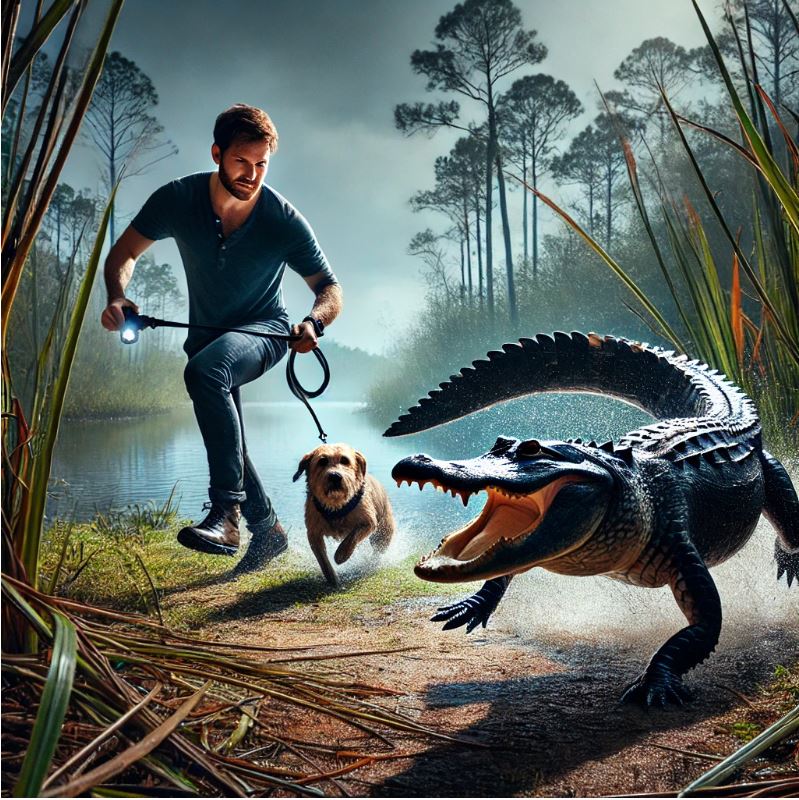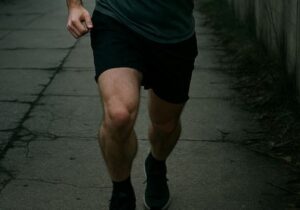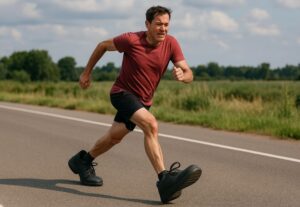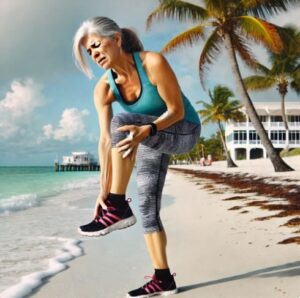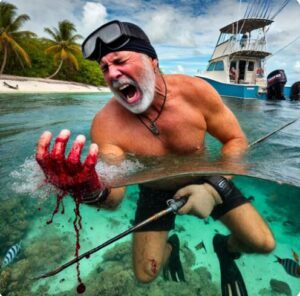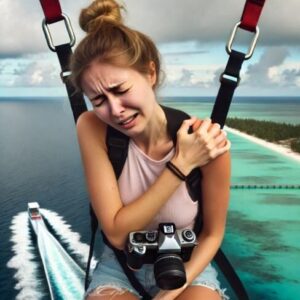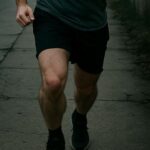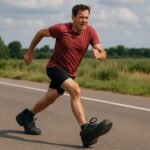Share this post
Florida is known for its sunshine, beautiful beaches, and…alligator encounters. For Dr. Jason Pirozzolo, a renowned physician and advocate for public health, stories like that of Ronan Cravell highlight not only the dangers of wildlife interactions but also important health risks associated with such incidents.
Cravell’s morning walk with his dog Soki turned into a harrowing experience when an alligator attacked the pet. Despite the danger, Cravell bravely wrestled the alligator to save Soki. Both survived, but not without injuries. While the event is a testament to courage, Dr. Pirozzolo emphasizes that such encounters also pose significant health risks, ranging from infections to long-term trauma.
“Injuries from alligator bites can lead to serious infections due to the bacteria present in their mouths,” says Dr. Jason Pirozzolo, who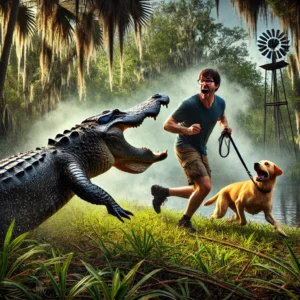 frequently advises on emergency care and trauma response. “Even minor wounds need immediate attention to prevent complications.” Indeed, the mouths of reptiles harbor a range of harmful bacteria, such as Aeromonas hydrophila and Clostridium perfringens, which can cause severe soft tissue infections.
frequently advises on emergency care and trauma response. “Even minor wounds need immediate attention to prevent complications.” Indeed, the mouths of reptiles harbor a range of harmful bacteria, such as Aeromonas hydrophila and Clostridium perfringens, which can cause severe soft tissue infections.
Beyond immediate physical harm, there’s also the risk of tetanus, a potentially fatal bacterial infection. Dr. Pirozzolo recommends that anyone bitten by a wild animal or exposed to open wounds in such situations should get a tetanus booster if they haven’t had one in the past five years.
Another crucial concern in incidents like this is the emotional aftermath. Traumatic experiences with wildlife can leave lasting psychological scars. “Post-traumatic stress disorder (PTSD) isn’t uncommon after a life-threatening event,” notes Dr. Pirozzolo. “It’s important for individuals to seek mental health support if they experience recurring anxiety, nightmares, or hypervigilance.”
The dog, Soki, sustained injuries but was fortunate to escape alive. Animal attacks can leave pets vulnerable to infections similar to those faced by humans. Pet owners are advised to consult a veterinarian immediately after such incidents to prevent complications and ensure proper wound care.
Proper wound management is essential. According to Dr. Jason Pirozzolo, cleaning the wound thoroughly and seeking medical attention promptly can significantly reduce the risk of infection. He advises against using home remedies or delaying professional care. “Bites from wild animals require professional evaluation, even if they seem minor. The bacteria involved can lead to serious complications if left untreated.”
In Florida, where wildlife encounters are relatively common, public awareness about handling such situations is key. Dr. Pirozzolo stresses the importance of understanding your surroundings, especially when walking near bodies of water. “Alligators are more active during the warmer months, and it’s crucial to stay vigilant, particularly in areas known for wildlife.”
Equally important is knowing what to do in case of an attack. Experts, including Dr. Pirozzolo, suggest creating loud noises and making yourself appear larger to deter aggressive animals. In the unfortunate event of an attack, fighting back is sometimes the only option, as demonstrated by Cravell.
While this specific story ended with both Cravell and Soki surviving, not all such encounters have happy endings. This underscores the need for education about wildlife safety. Local authorities and health professionals, including Dr. Jason Pirozzolo, have been working to increase public knowledge about avoiding dangerous wildlife interactions.
Moreover, for those who spend significant time outdoors, having a basic first aid kit that includes antiseptics, bandages, and antibiotic ointments is essential. “A well-prepared first aid kit can make a crucial difference in the immediate aftermath of an injury,” advises Dr. Pirozzolo.
Hydration and heat-related illnesses are additional risks during outdoor activities in Florida. The state’s high temperatures can lead to heat exhaustion or heat stroke, especially during prolonged exposure. Dr. Pirozzolo recommends staying hydrated and taking frequent breaks in shaded areas to prevent heat-related health issues.
“As a physician, I see too many cases where people underestimate the dangers of Florida’s environment,” he says. “Whether it’s wildlife, heat, or dehydration, preparation is key to staying safe.”
As for Cravell and Soki, their story serves as a powerful reminder of the unpredictable dangers that nature can pose. It also highlights the importance of quick thinking and the value of proper medical care in emergencies.
“This kind of story, while rare, should encourage everyone to be more aware of their environment and prepared for emergencies,” concludes Dr. Jason Pirozzolo. He encourages readers to take proactive steps in learning about first aid, wildlife safety, and when to seek medical attention.
Staying informed is crucial. Whether you’re a local resident or a tourist, understanding the risks and knowing how to respond can prevent a minor incident from becoming a major health crisis. For more insights on health and safety, follow Dr. Jason Pirozzolo as he continues to share expert advice on staying safe in Florida’s unique environment.

